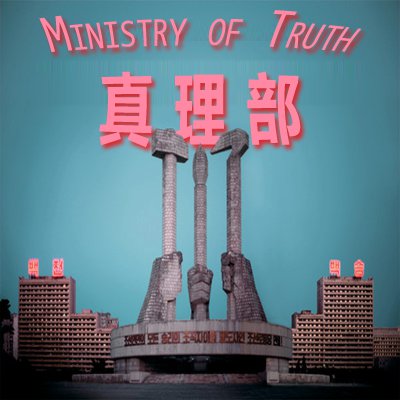The following censorship instructions, issued to the media by government authorities, have been leaked and distributed online. The name of the issuing body has been omitted to protect the source.
Regarding the resignation of Renmin University Journalism School Associate Dean Yu Guoming, all media and all new media platforms are to withhold reports without exception. Do not comment on this topic. (February 26, 2016) [Chinese]
Chinese media scholar and online public opinion expert Yu Guoming has confirmed rumors that he will be resigning from the prestigious Beijing university to take a post at Jinan University in Guangzhou. The South China Morning Post’s Gloria Chan reports on Guo’s stated reason for leaving the capital:
Yu confirmed speculation concerning his move on his weibo social media account on Monday.
In the post, Yu wrote: “People keep on asking me: is it true?
“My answer is: Yes it is true. Then they ask: Why? My answer is: Beijing’s smog.”
The post ended with a smiley face emoticon.
On Christmas Day 2015, Yu published a post on his weibo account, entitled “Farewell 2015, farewell capital”, which showed his desire to move from Beijing.
“Different kinds of smog suffocate [me] and [make me feel] helpless,” he wrote. “Looks like it is time to leave.” [Source]
In a 2007 interview with Globe (环球) magazine, Guo said “the Internet provides a platform for expression to people who lacked such channels in the past. […] The Internet allows individuals to directly express their opinions about public policy or the government’s administrative actions. The Internet collects these ‘micro-powers’ into a force that cannot be ignored in today’s society.” Xi Jinping has overseen a range of efforts to rein in online expression, however, and the Party’s control over conventional media has become more assertive.
Addressing speculation about the “different kinds of smog,” Guo told the Beijing Times in a now deleted but Google Cached report that “I’m resigning for entirely personal reasons, with no relation to issues with the school or society.”









